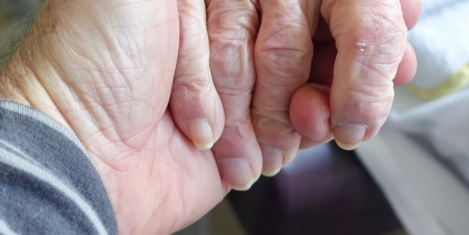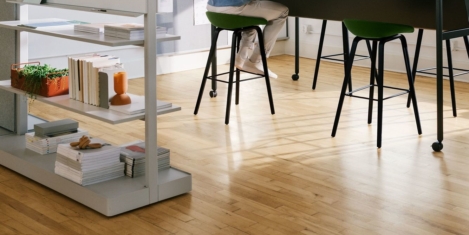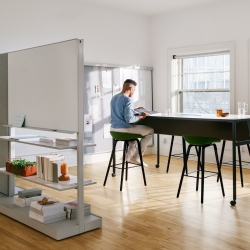April 29, 2022
Working from home can present particular challenges for women
 The pandemic has brought with it many different trials and tribulations over the course of the past few years. An area that has impacted teams across the country, and the world, has been working from home and other forms of remote work. Once a necessity imposed by the UK government to stop the spread in the early stages of the pandemic, it has now become a part of working life for many people in many different sectors. It has offered many employees the new luxury of time: no commutes resulting in more time to spend with family and friends and creating a better work-life balance. (more…)
The pandemic has brought with it many different trials and tribulations over the course of the past few years. An area that has impacted teams across the country, and the world, has been working from home and other forms of remote work. Once a necessity imposed by the UK government to stop the spread in the early stages of the pandemic, it has now become a part of working life for many people in many different sectors. It has offered many employees the new luxury of time: no commutes resulting in more time to spend with family and friends and creating a better work-life balance. (more…)



















 The last 18 months have seen unprecedented change. Covid-19 has forced people to re-evaluate every aspect of their lives, including their career. As a result, we’ve seen a surge in workers taking charge of their careers and leaving their jobs as part of the so-called Great Resignation. Recent data from the
The last 18 months have seen unprecedented change. Covid-19 has forced people to re-evaluate every aspect of their lives, including their career. As a result, we’ve seen a surge in workers taking charge of their careers and leaving their jobs as part of the so-called Great Resignation. Recent data from the 
 The pandemic has not led to mass unemployment as many feared, but has instead driven wider shifts that have increased employment among younger women, but pushed many men and older workers out of the labour market altogether, according to new research.
The pandemic has not led to mass unemployment as many feared, but has instead driven wider shifts that have increased employment among younger women, but pushed many men and older workers out of the labour market altogether, according to new research. 
 Throughout the pandemic many workplaces have offered their employees more flexibility. Flexible working options such as adjusting hours, days, or place of work, are attractive to many employees.
Throughout the pandemic many workplaces have offered their employees more flexibility. Flexible working options such as adjusting hours, days, or place of work, are attractive to many employees. 







August 30, 2022
Is the growing number of working mums a cause for celebration or concern?
by Hina Belitz • Comment, Wellbeing